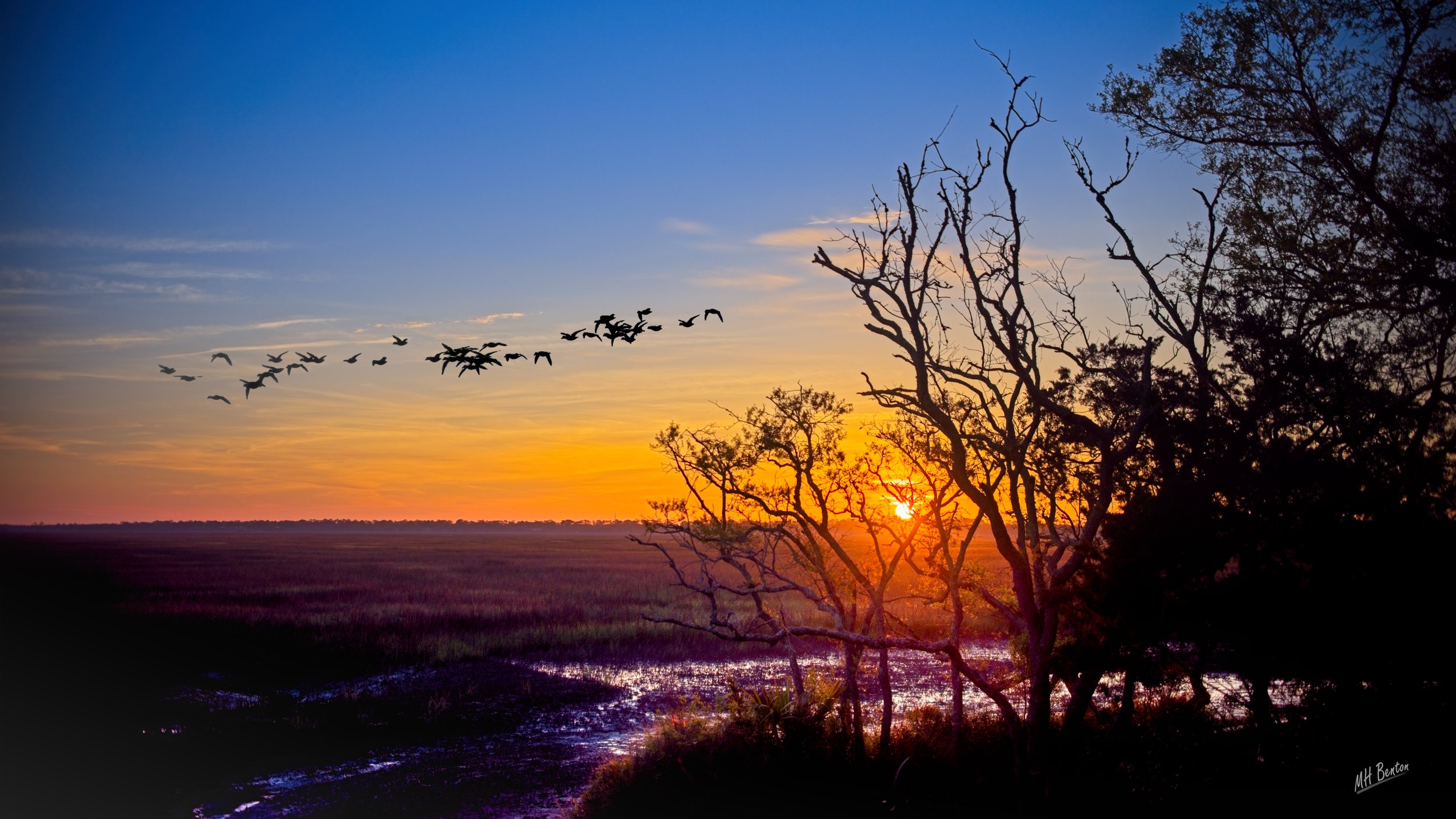Doing Good For Profit
As a wildlife photographer, it’s easy for me to be on the “right side” of conservation issues. After all, my work directly benefits from it. For others, the benefits are not as obvious, or worse, conservation seems a pure cost with no direct benefit at all. It might seem that way but there is another way to look at it. As one politician put it, “it’s about the economy, stupid!” Just a note, he was calling himself stupid by forgetting that in the first place, and getting caught up in the politics of the moment.
In my past life, as the director of engineering for a large food processing corporation, I saw wasted resources as an opportunity for conservation within the corporate operation. To the company’s credit, they told me to go ahead, “just be cost neutral.” As one of the vice-presidents bluntly put it “we don’t pay you to find problems, we pay you to solve them in a profitable way.” In other words, it wasn’t enough for me to point out we wasted resources, like water and electricity. I needed to find a path to reduce that waste without bankrupting the company in the process. In then end, we reduced our water usage by about 50% and our electrical by about 40%.
Village Creek Landing, St Simons Island
The key was looking at savings in relation to the total cost of ownership vs. the initial cost. This is where I think Georgia’s conservation efforts on the coast needs to look too. We have to look at the economic costs as well as our desire to be good stewards to offset the sticker shock value upfront. We have wonderful saltmarsh coastline. Truly an incredible resource. Costs and efforts spent today might not be readily seen as a cost benefit, but imagine if the marshes were gone. What would that cost be? What would we be willing to pay to restore them?
Without our saltmarshes, we can kiss the approximately $310 million in yearly revenue from fishing good bye. That’s the amount a 2022 University of Georgia Marine Extension study lists for fishing annually, not to mention the over 3,000 jobs the industry adds to the local landscape. And that’s just fishing! The consequence would be much broader than that. Georgia’s $4 billion in tourism revenue would take a huge hit.
Compared to the millions earned, the economic benefit to local communities, and the tax revenue, spending several million annually on conservation seems like a deal that benefits the whole state. The point is, while budget dollars are always spoken for, it just makes sense to invest some on our natural resources.
I am sure North Georgia could make similar arguments regarding the autumn changing of the seasons. Conservation is, after all, a statewide issue. Without question, we need to invest in all of Georgia’s natural resources, it’s not just good conservation stewardship - it’s good economic stewardship too.
The best choice is to leave politics out of it. It’s not a conservative or liberal issue, it’s an economic one that cuts across the political spectrum. We have to judge conservation efforts in terms of their impact on cost and revenue, in addition to the traditional reasons to take care of our home. So next time you hear political talking-heads rambling on, for or against, spending tax dollars on environmental issues, they just want your vote. We need to think about the long-term impact on our economy as well as the environment. Always remembering that while we don’t have unlimited funds to spend doing nothing just might be the most costly economic option Georgia can undertake.






